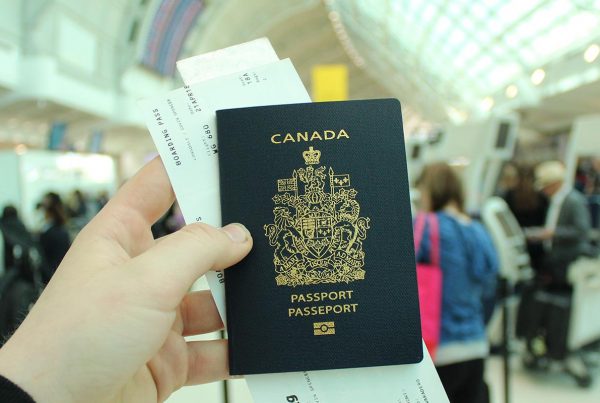Order a ride and say goodbye to privacy: Quebec Act requires real time info sharing
The CCLA recently submitted its feedback on the draft regulations for Québec’s new Act respecting remunerated passenger transportation by automobile. The Act is one you might not have heard of and its draft regulations were published to no fanfare. So what does this relatively obscure law regulating ridesharing in Québec have to do with civil liberties? In the CCLA’s view, the Act and its regulations could have serious implications for privacy in Québec.
The Act, passed in October 2019 and due to come into force mostly in October, creates a new regulatory framework for remunerated passenger transportation, such as ridesharing. The law’s passage followed years of hot dispute between the province, the city of Montreal, taxis, and ridesharing platforms over how ridesharing should be regulated. The Act creates standards for remunerated passenger transportation, including uniform rules for licensing, fare calculation, administrative penalties, and other core aspects of the passenger transporting business. What is remarkable about the Act from a civil liberties standpoint, however, is its potentially extreme and irrational intrusion into passengers’ privacy. The Act’s draft regulations do not remedy this transgression or clarify its apparent irrationality.
The Act
The purpose of the Act is to “monitor and control remunerated passenger transportation by automobile, in order to ensure the safety of passengers and the transparency of fares in keeping with the principles of sustainable development, carbon footprint reduction, and fairness among” various stakeholders. A core component of this “monitoring” is a legal framework for tracking individual remunerated passenger transport vehicles.
The centrepiece of the tracking framework is the requirement that each remunerated transport vehicle must transmit precise real-time location data. The provision also creates a shield for riders’ privacy:
“[The above conditions] must ensure that passengers remain anonymous; in particular, the places where the trips start and end must be indicated at a point situated 50 metres from those places or at the closest intersection, whichever is closest.”
The rest of the framework fills out these core elements, such as by requiring that tracking devices be active at all times, that tracking data be transferred to relevant public bodies and other designated authorities, and that transport system operators transmit reports of where passengers’ trips began and ended to designated recipients—including the government.
The draft regulations
The draft regulations fill in many of the details missing from the Act, including a few that bear directly on individuals’ privacy. For example, they specify the form and content of the geolocation data that must be transmitted to the government under the Act. The regulations, however, are perhaps more important for what they do not say. The regulations do not clarify how passengers will remain anonymous despite having their information collected at the level of detail required by the Act. And in fact, there’s a growing agreement amongst technologists and privacy professionals that location data is both highly revealing (where you go tells others how you live your life) and virtually impossible to de-identify.
CCLA’s analysis: the Act and its draft regulations aren’t just bad news for privacy, they’re incoherent
The Act attempts to balance the competing aims of tracking passengers’ rides in real-time and respecting those passengers’ privacy. The CCLA views this balance as elusive: where passengers, drivers, or vehicles are tracked, privacy is always at risk. The intrusion on privacy created by the Act is aggravated, however, by the statutory requirement that rides must be tracked both precisely and in real-time. Precise geolocation tracking cuts through most privacy protections and real-time geolocation tracking is inherently at odds with privacy. The Act thereby both insists on protecting privacy and while at the same time collecting data at such high resolution that there is little realistic hope for privacy under this scheme. The CCLA sees no clear path to resolving this fundamental inconsistency.
About the Canadian Civil Liberties Association
The CCLA is an independent, non-profit organization with supporters from across the country. Founded in 1964, the CCLA is a national human rights organization committed to defending the rights, dignity, safety, and freedoms of all people in Canada.
For the Media
For further comments, please contact us at media@ccla.org.





